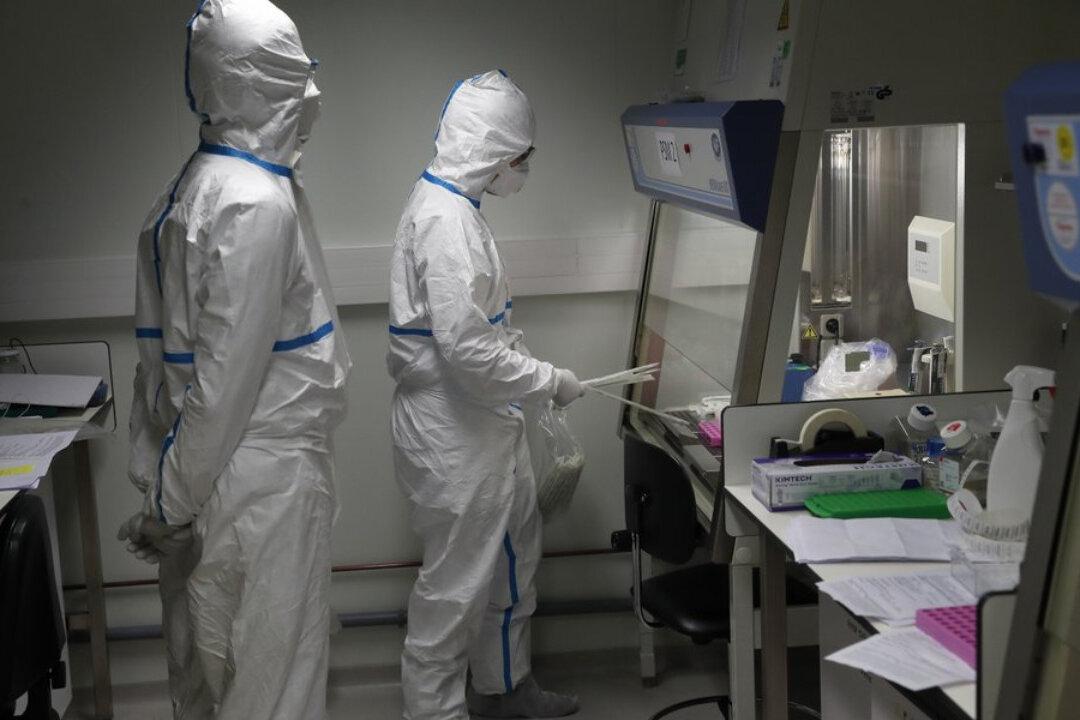The world’s leading experts on the CCP (Chinese Communist Party) virus, commonly known as the novel coronavirus, have warned against banking on a vaccine for the disease, because there is no guarantee one can be developed.
The chief scientific adviser to the UK government, Sir Patrick Vallance, said on Sunday that even if new vaccines are developed for protection against the CCP virus, they would be “long shots” because it would take time to ensure that it is safe.





